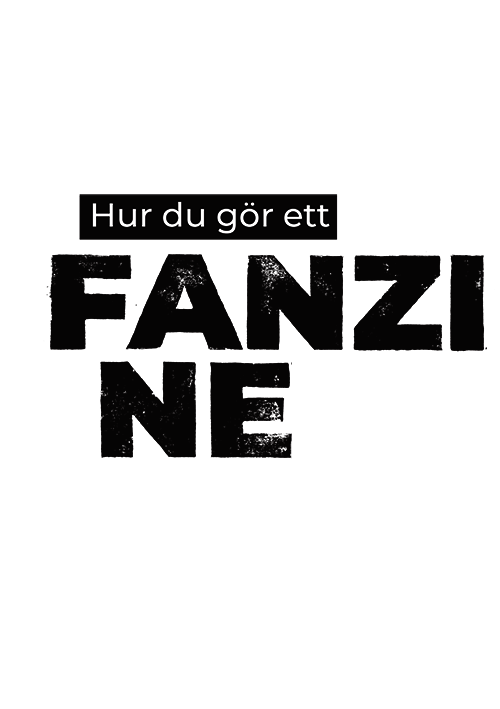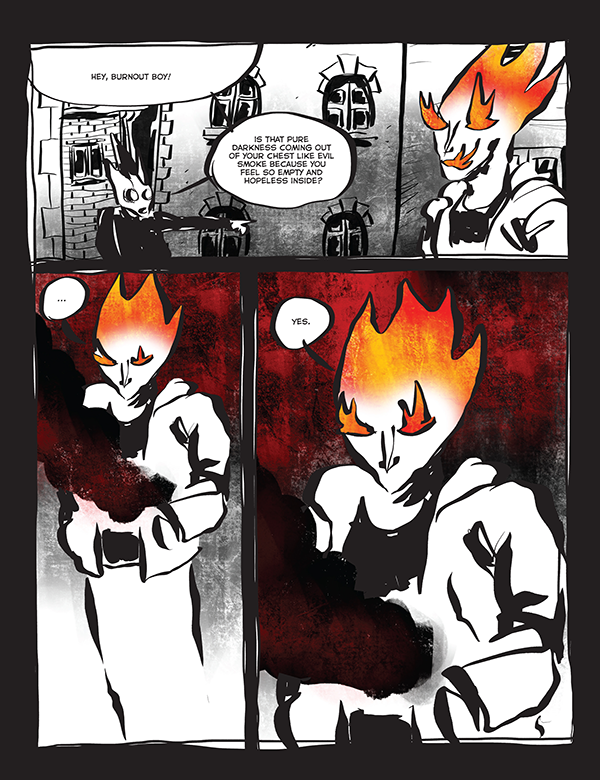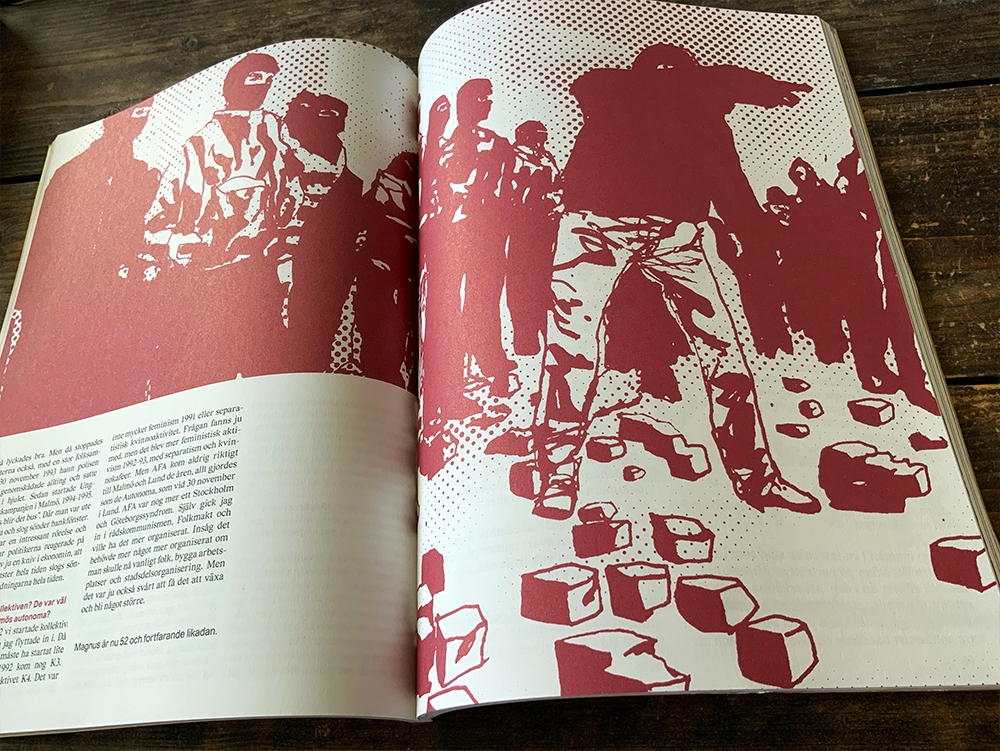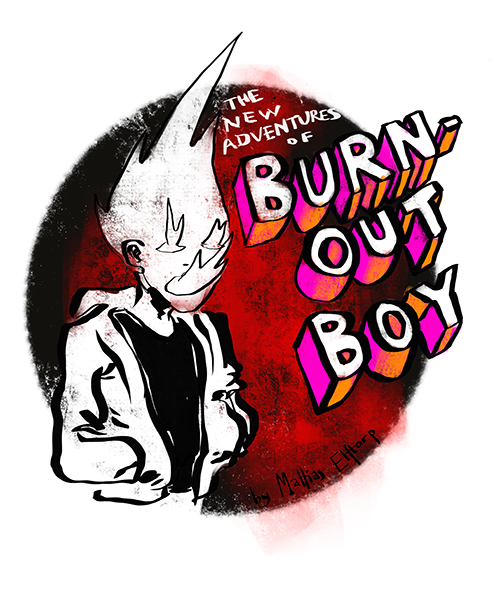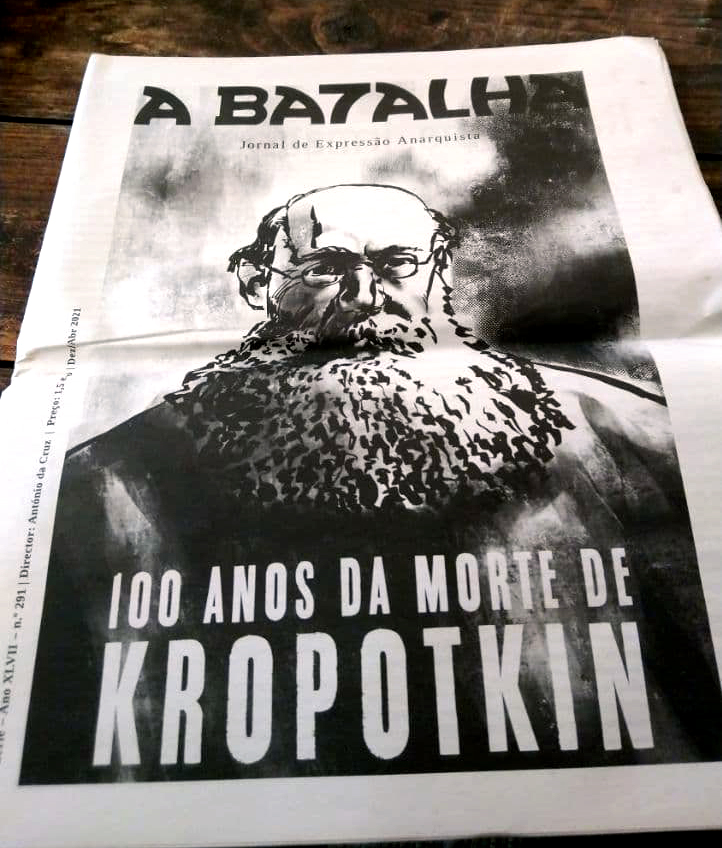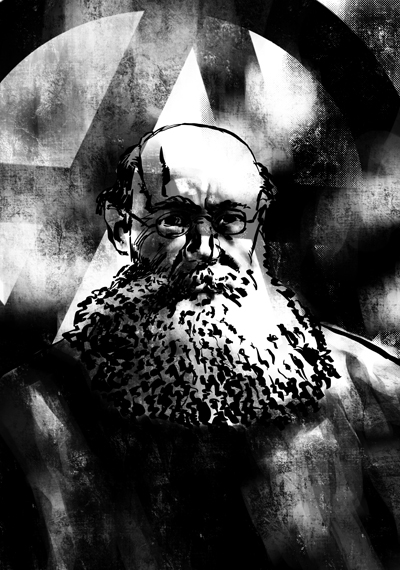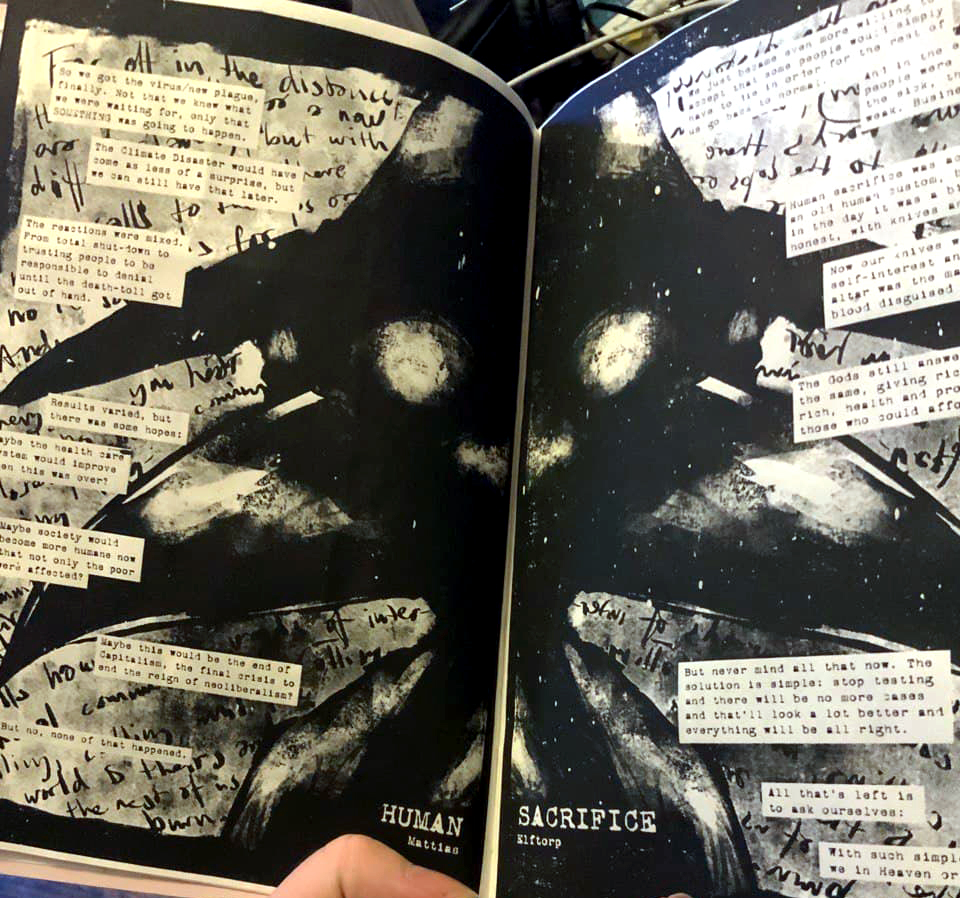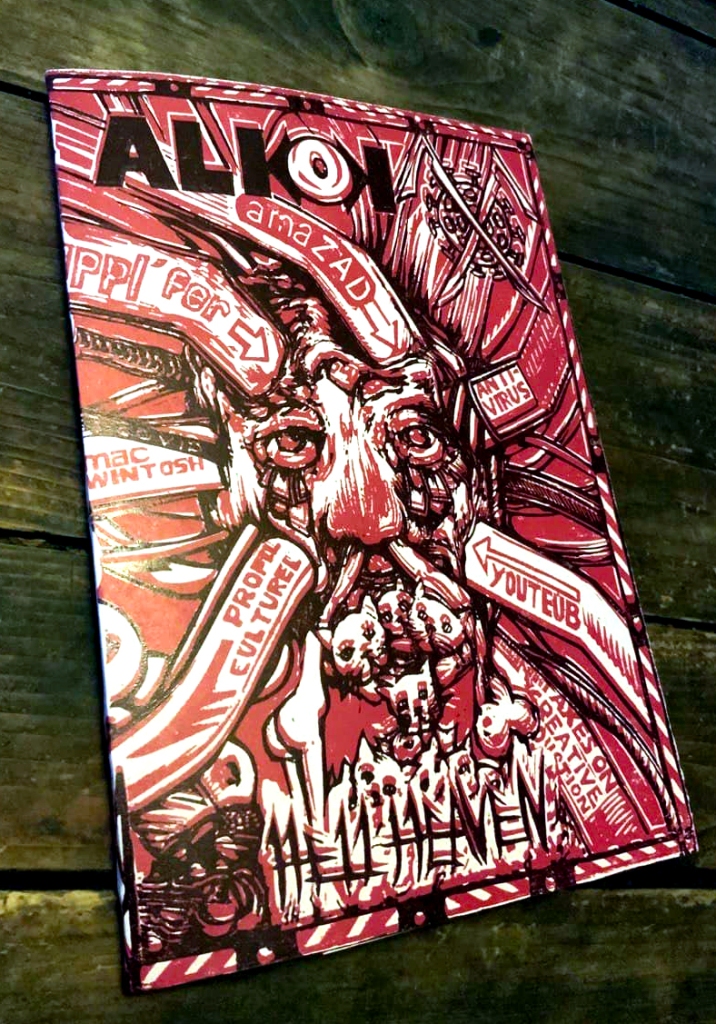Last week was the 20 year anniversary of the Gothenburg riots. Thought I should say something about it. Sorry for the Swedish. Sometimes I just need to write in my native language…
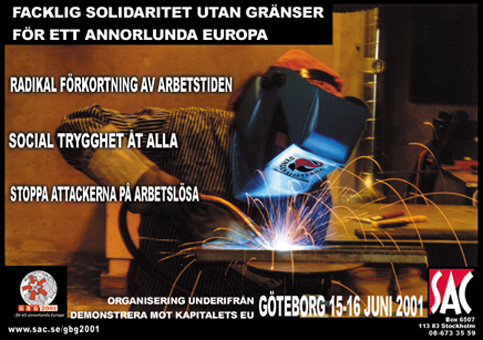
Som barn fick vi lära oss att demokrati var bra. Allteftersom vi växte upp märkte vi att det fanns luckor i den etablerade demokratin. De som hade att göra med Migrationsverket, Försäkringskassan eller för den delen arbetsmarknaden i stort, såg att demokratin, tanken om att folket skulle styra, inte nådde alla delar av samhället, inte nådde alla som befann sig i samhället. Det gick att se ganska tydligt att EU inte var ett helt demokratiskt projekt, att Polisen inte styrdes av folket, att storföretagen inte svarade till några väljare utan bara till ett fåtal väl bemedlade ägare och att valutainstitutioner som IMF, Världsbanken etc inte var delaktiga i demokratin trots det stora inflytande de har över våra liv.
Men det fanns ändå de av oss som trodde på demokratin som koncept. Som ville utöka den till något som på riktigt började likna ett folkligt medbestämmande. Rörelsen kan sammanfattas som den utomparlamentariska vänstern och kunde inbegripa allt från anarkister och autonoma kommunister till fackföreningar och Attac (vars egentligen enda fråga rörde något så ödmjukt som att valutahandeln kanske borde beskattas).
Den rörelsen kom till Göteborg i juni 2001 för att protestera mot ett EU-toppmöte (som dessutom besöktes av George W Bush), en del av en global proteströrelse som tröttnat på det demokratiska underskottet och som trodde på att en annan värld var möjlig.
Jag var en av dem. Jag stod utanför Hvitfeldtska som var barrikaderat av Polisens containrar. Jag kom till Reclaim-gatufesten på Vasagatan i tid för att höra att Polisen hade skjutit någon. Jag var med i en av svensk historias största demonstrationer som stoppades av Polisen på vägen ner mot Svenska mässan där toppmötet hölls och tvingades tillbaka upp på Avenyn där jag strax efter såg gatstenar falla som jämna skurar över poliserna och tänkte på alla gånger jag sett eller hört om den motsatta situationen, där Polisen (så sent som bara några veckor tidigare i Malmö) brukade skära av demonstranter från varandra, definiera en grupp som ”farlig” för att sedan gå lös med sina batonger, stoppa in folk i bussar och köra dem ut ur stan eller låsa in dem på polisstation. Eller de senaste dagarna när de hade gått loss på folk både på Hvitfeldtska och på Reclaimet, när de satte tonen för hela situationen. Jag tänkte på de gångerna och kände en stor lättnad när jag såg att de för en gångs skull blev tvungna att backa.
Jag var på Järntorget som spontant hade fyllts med folk i protest mot att Polisen skjutit och misshandlat människor som vid det laget kanske hade dött eller åtminstone var nära döden. Vi var ganska noga med att skilja på rykten och bekräftad fakta, men bland det som klassades som rykten var det lite osäkert vad som var sant, vad som var desinformation eller överdrifter och vilka fakta som undanhölls. När jag och min vän som jag spenderade de flesta av dagarna med lämnade torget möttes vi av poliser som spärrade av gatan precis bakom oss, och just där och då var jag helt säker på att nu skulle de gå in och spöa på alla som var fast inne på torget. En helt logisk känsla med tanke på vad vi sett dagarna innan, men just den här gången blev det inte så. De höll torget flera timmar tills något av befälen helt enkelt tröttnade och gav order om att de skulle släppa torget och gå därifrån. Strax efter det hörde vi via telefon hur de istället (fast inte Polisen utan Nationella Insatsstyrkan) attackerade Schillerska gymnasiet där en del av aktivisterna skulle sova sista natten innan de åkte hem. De gick in maskerade och med automatvapen, drog ut folk halvnakna och tvingade ner dem på asfalten i regnet. Hade de börjat avrätta folk där och då hade jag i den situationen inte blivit förvånad.
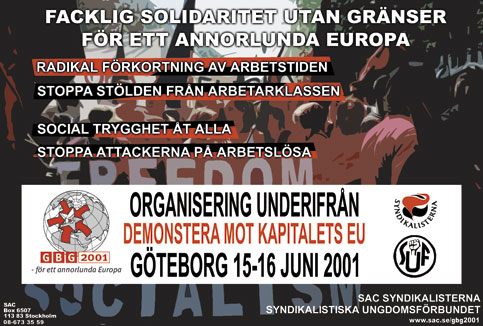
När allt detta hände blev jag inte lika chockad som många andra blev. Mitt förtroende för ordningsmakten var så lågt vid det laget, efter flera dagar av massiv repression, och ett par år av att ha varit politiskt medveten innan detta hände och ha hört om hur Polisen ganska regelbundet misshandlade vänsteraktivister i samband med demonstrationer, gatufester och liknande. Jag hade sett det med egna ögon även om jag vid det laget inte blivit drabbad av det personligen (mer än i andra hand när vänner råkade illa ut). Jag visste att sånt hände i andra länder och hade släppt tanken om att det aldrig skulle kunna hända här.
Och sedan kom jag hem från Göteborg. Pratade med personer som inte varit där. Och såg den bild de hade sett av vad som hänt. De kommande veckorna spelade jag in allt jag kom över av TV-rapporteringen på video. Timma efter timma av nyhetsinslag, analyser och debatt, där jag inte kände igen mig i något alls av det, förutom ett inslag i Uppdrag Granskning (och några deltagare som släppts in i något debattprogram och fick utrymme att säga något vettigt). Allt annat var katastrofrubriker, misstänkliggörande, påhejande av polisen, socialdemokrater som gav dem blommor för deras insats, finvänstern som tog avstånd från kravallerna, högern som krävde av alla som hade minsta koppling till vänstern att de också skulle ta avstånd, rena lögner om vem som gjort vad och varför. Köksredskap som beskrevs som vapen i brist på riktiga vapen för att rättfärdiga polisinsater, den mytologiska tyska terroristen som polisen låtsades leta efter men som aldrig fanns, det totala demoniserandet av demonstranter, skönmålandet av poliser och tystnaden om alla delar av protesterna som inte handlade om våld. För där fanns massor av föredrag, symboliska manifestationer, organiserande, diskussioner, folkkök. Saker som antagligen skulle upplevas som positivt av de flesta men som inte fick någon uppmärksamhet alls för att det inte passade in i narrativet.
Det fanns de som trodde att de osynliggjordes på grund av kravallerna, men jag är rätt säker på att de inte hade synts annars heller. Medialogiken säger att vänstern är våldsam och kastar sten och om det inte händer finns inget nyhetsvärde. Det fanns också de som fortfarande hade en tro på ett Sverige som inte betedde sig som en polisstat, där den tredje statsmakten var objektiv och socialdemokraterna var partiet på folkets sida. De kände inte igen sig i hur de skildrades och de kände inte igen samhällets reaktioner. Men även om jag inte kände mig lika förvånad så har de där händelserna, inte helt enskilt men tillsammans med sin större kontext, ändå till stor del format mitt konstnärskap och mitt författande som serieskapare. Ansiktslösa horder av våldsamma poliser är inte bara vanligt förekommande utan finns ofta där som ett självklart inslag. Det är helt enkelt så det är. Ibland kommer jag att tänka på att det kanske inte framstår som lika självklart för dem som inte var där, i Göteborg i juni 2001.

Den sommaren var det vi som var Terroristerna, och det är frustrerande nog svårt att klandra dem som inte var där om de gick på det, för det var i stort sett den enda bilden som fanns. Det backades upp av osedvanligt långa fängelsestraff för de som åkte fast. Lite som att budskapet var: om du beter dig som att Sverige vore något annat än världens mest framstående och demokratiska land, då måste du straffas extra hårt så du lär dig att så är det faktiskt inte. Polisen i andra länder kanske gör fel och använder övervåld, till och med Polisen i Sverige förr i tiden kan eventuellt ha gjort det, men inte här och inte nu. Vet hut, gå till ditt rum i fem år och tänk över vad du gjort.
Sommaren 2001 slutade den 11 september. Efter det var det inte längre vi som var Terroristerna, men inte för att vi fått upprättelse eller för att mediebilden skulle ha hunnit nyanseras nämnvärt utan bara för att uppmärksamheten drogs åt ett annat håll.

